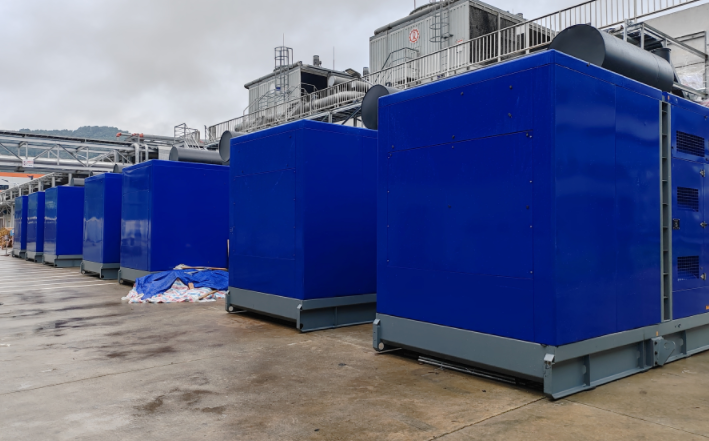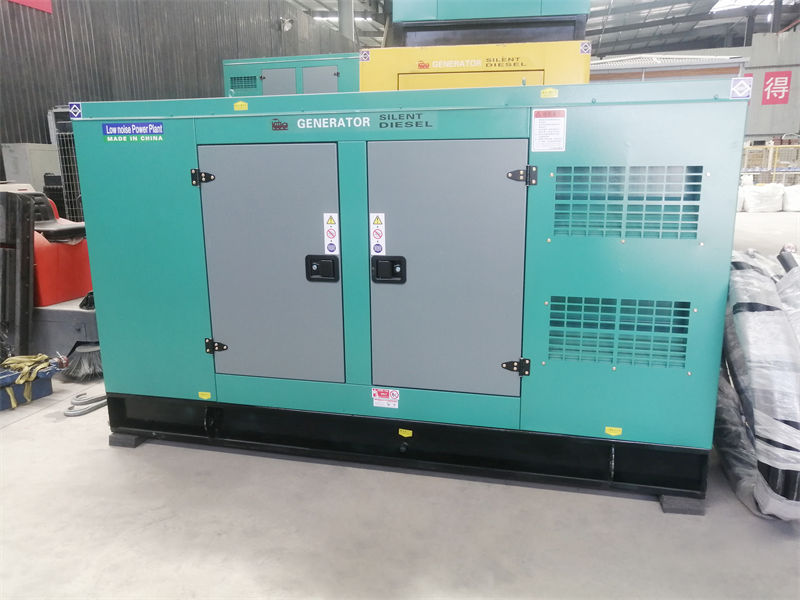News
How Many Decibels Should a Generator Be Below to Be Considered Low Noise?

When choosing a generator, noise levels are one of the most important factors to consider. Whether you’re using it for outdoor activities, camping, or as a backup power source for your home, the noise generated by a power generator can greatly affect the surrounding environment. So, how many decibels (dB) does a generator need to be below to be considered “low noise”?
Understanding Generator Noise Levels
Generators emit noise as part of their operation, primarily from the engine and mechanical parts. This noise is measured in decibels (dB), which quantify the intensity of sound. Noise levels typically range from 50 dB for quieter models to over 100 dB for industrial generators.
To put it into perspective:
- 30-40 dB is as quiet as a whisper or a library.
- 50-60 dB is similar to the sound of a normal conversation.
- 70-80 dB is comparable to the noise level of traffic or a vacuum cleaner.
- 90-100 dB is as loud as a motorcycle or a lawnmower.
What Is Considered a Low Noise Generator?
A low-noise generator is generally one that operates at 60 dB or lower. Generators in this category are ideal for situations where noise control is critical, such as during camping, outdoor events, or in residential areas where quiet operation is a priority.
- Under 60 dB: This is considered a quiet generator and is suitable for camping or using in noise-sensitive areas. It operates at the noise level of a normal conversation or a quiet street.
- 50-55 dB: These are ultra-quiet generators that provide the least disturbance to the environment. They are often marketed as “whisper-quiet” and are perfect for peaceful outdoor activities.
Why Noise Matters for Generators?
Choosing a generator with a low noise level has several benefits:
- Environmental Impact: In noise-sensitive areas, a quieter generator reduces disruption to wildlife, neighbors, and the general atmosphere.
- Comfort: Low-noise generators improve your overall experience during outdoor activities. Whether you are camping, tailgating, or working remotely, you don’t have to worry about the loud hum of your generator ruining your peace.
- Regulations: Many areas have noise ordinances that limit the decibel levels of generators. Using a low-noise generator ensures compliance with local laws and avoids fines.
How to Reduce Generator Noise
If you already own a generator that’s on the louder side, there are ways to reduce the noise:
- Install a Muffler: Many generators come with a muffler that helps lower the noise output. If yours doesn’t, consider adding an aftermarket muffler.
- Use Noise Barriers: Placing the generator on a soft surface like grass or dirt, or using soundproofing barriers around it, can help absorb and deflect the noise.
- Regular Maintenance: Keeping your generator in top condition can reduce unnecessary noise from mechanical parts that are worn out or malfunctioning.
To sum up, a generator is generally considered “low noise” if it produces 60 dB or lower. These models are ideal for those who need to use a generator in noise-sensitive environments, such as residential areas or during outdoor activities. Always consider the decibel level of a generator before making a purchase to ensure it meets your needs and provides the peaceful, quiet environment you desire.

By choosing the right low-noise generator, you can enjoy uninterrupted power without disturbing your surroundings.
Categories
News
Contact Us
Contact: yuchai Generator Set
Phone: +86 13312561188
Tel: +86-0871-67352758
E-mail: master@zimbon.com
Add: 11th Floor, Office Building C, Shuangcheng Intercity Business Center, No. 8868 Guangfu Road, Guandu District, Kunming City, Yunnan Province, China